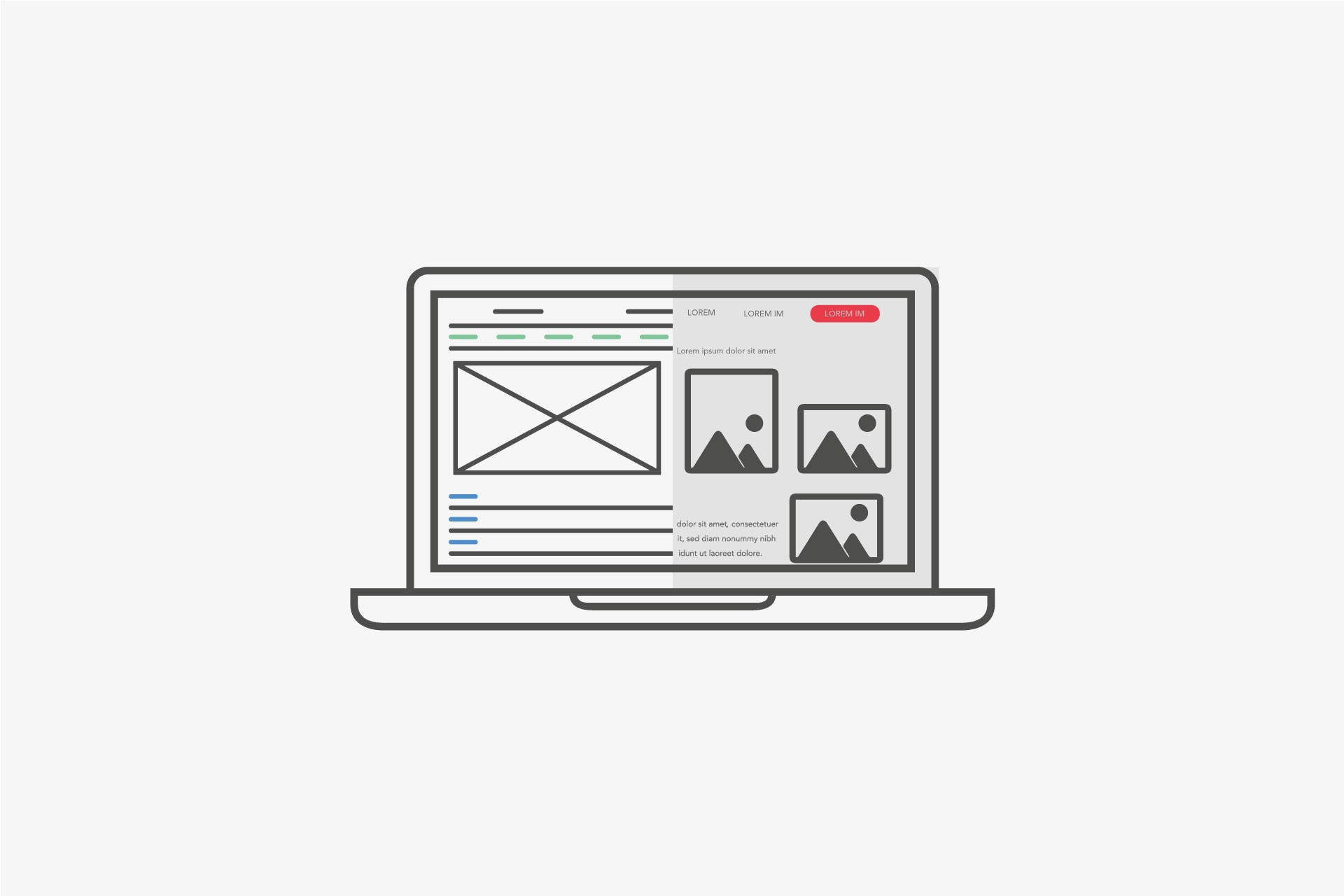Articles
How to create an effective digital marketing strategy?
In this article, we take a look at how we achieve results for our clients.
Diana Almeida | 11 Jun 2021
UI / UX design What is it and what is the importance of a design system?
Learn the importance of design systems and the importance of UI and UX design from Axovia!
Axovia | 11 Nov 2022
Strategies to understand your customer, what is the buyer ?
When it comes to digital marketing, it is crucial to fully understand what the profile of each member of your target audience is.
Axovia | 19 Dec 2022



